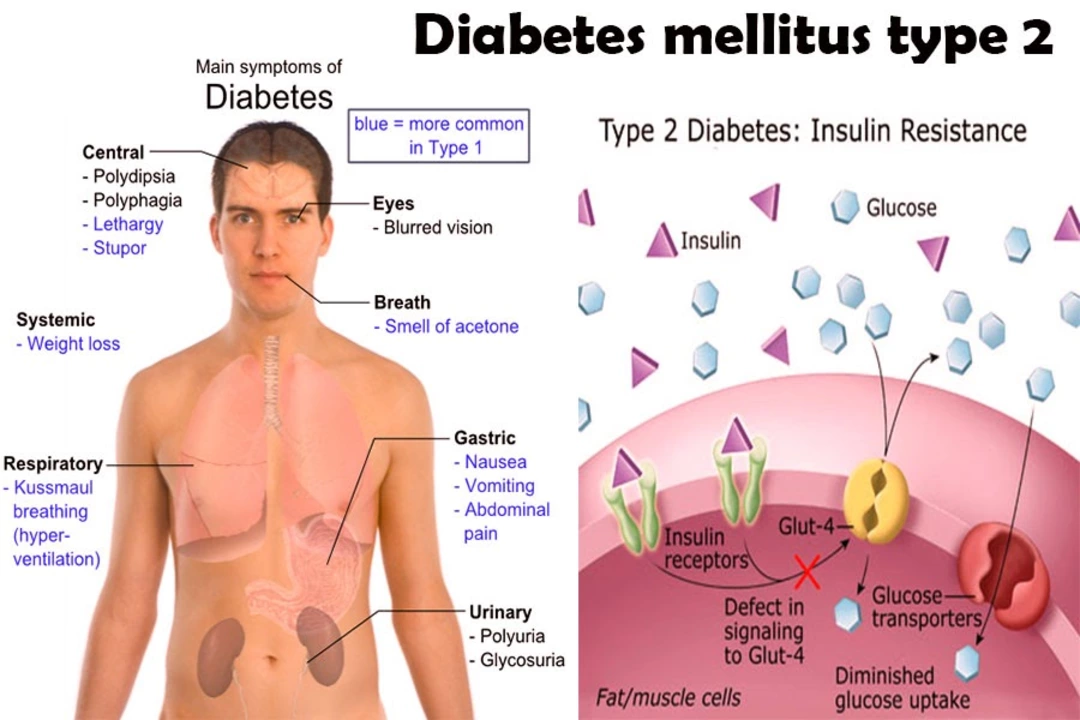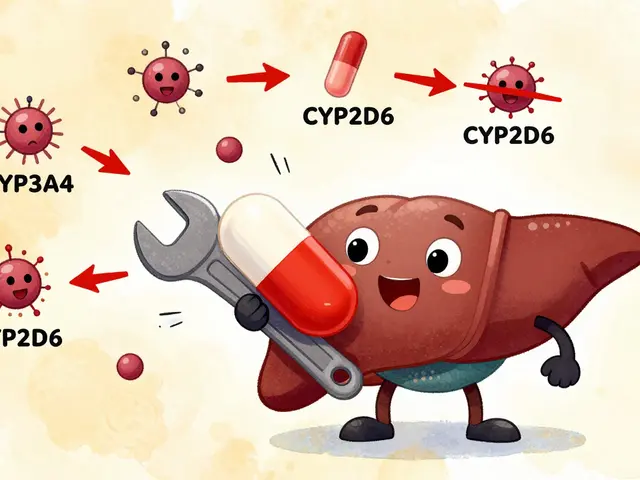Gastrointestinal disorders: Practical guide
Gastrointestinal disorders can wreck your day-heartburn, bloating, diarrhea, constipation, or sharp belly pain are all common signs. This tag page groups clear, practical articles from Blueskydrugs.com so you can find help fast.
First, know the red flags. If you have severe abdominal pain, unexplained weight loss, blood in stool, high fever, or repeated vomiting, get medical help now. These symptoms need prompt attention and sometimes tests like blood work, imaging, or endoscopy.
Mild or chronic symptoms often start with tracking. Keep a simple food and symptom diary for two weeks: note what you eat, stress levels, medications, and any bloating, pain, or stool changes. Patterns pop up fast and make clinic visits more useful.
Treatment depends on the cause. Acid reflux often improves with lifestyle changes and proton pump inhibitors like esomeprazole. Inflammatory bowel disease may respond to mesalamine or other prescription drugs. For nausea or slow gastric emptying, options include domperidone or other prokinetics. Always check interactions and safety before starting a medication.
Diet matters but is not one-size-fits-all. If you have colitis, a low-residue plan during flares can reduce symptoms; during remission, focus on balanced foods that support gut healing. For IBS, a low-FODMAP trial often helps many people. Work with a dietitian when possible.
The articles under this tag cover practical choices: safe ways to buy esomeprazole online, food picks for colitis, how mesalamine changes life for IBD patients, and alternatives to motilium for nausea. You'll also find posts about antibiotics for sinus versus gut concerns and herbal bitter options that influence digestion.
Be cautious when buying medications online. Look for pharmacies that require a prescription, show a real business address, and have clear return and privacy policies. Avoid sites that offer prescription drugs with no questions asked.
Self-care tools can help day to day. Try timed meals, smaller portions, gentle exercise like walking after meals, and simple stress tools - breathing, short breaks, or a quick walk. These moves often reduce reflux and bloating.
When tests are needed, ask your provider what each test will change in management. Some scans or scopes won’t alter your treatment and can be delayed; others are essential. Getting clear answers helps avoid unnecessary procedures.
Use the tag list to jump to specific topics. If you want diet tips, read our colitis food guide. If you’re thinking medication options, check posts on mesalamine, esomeprazole, or motilium alternatives. If you need help choosing clinics or understanding prescriptions, browse our how-to posts.
Use common sense, track what matters, and ask pointed questions at appointments. GI symptoms are common, but with the right approach you can find answers faster and avoid wasted tests or unsafe purchases.
If you have chronic issues, ask about referral to a gastroenterologist and tests like colonoscopy, H. pylori breath or stool tests, and stool calprotectin for inflammation. Keep copies of past labs and medications. Good records save time and prevent repeating tests that cost money and create anxiety. Start small, track changes week by week, and share notes with your doctor.




